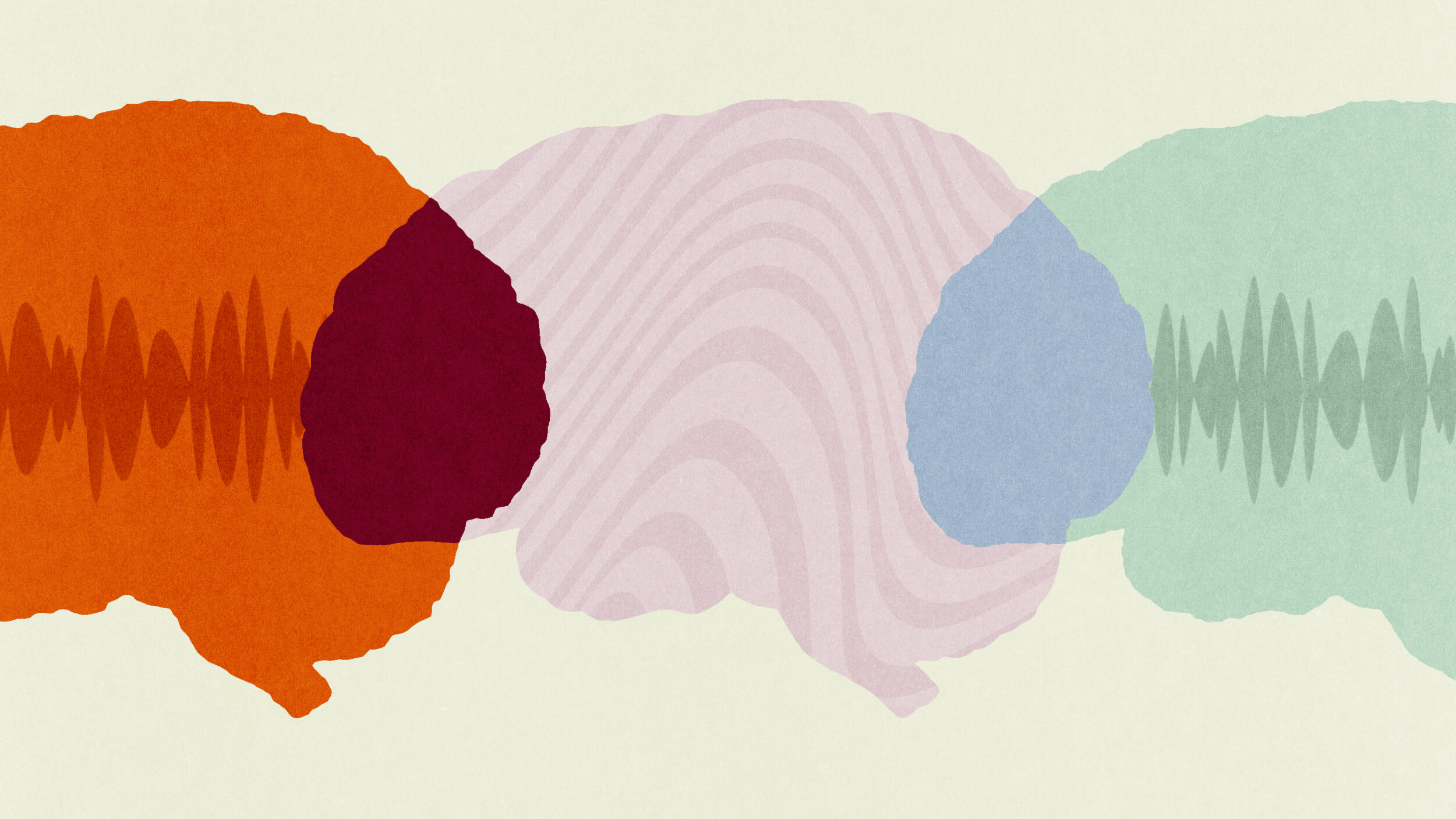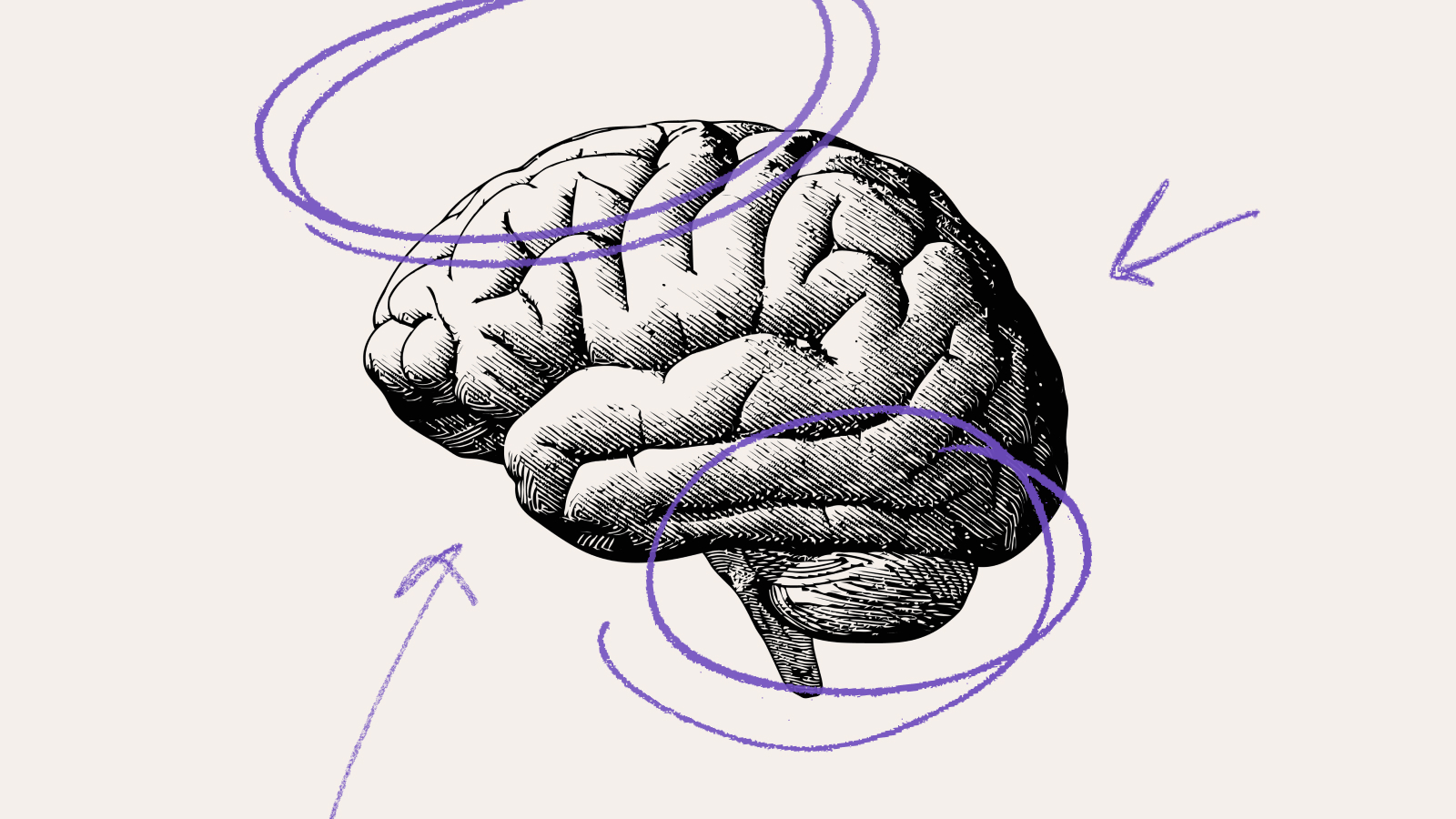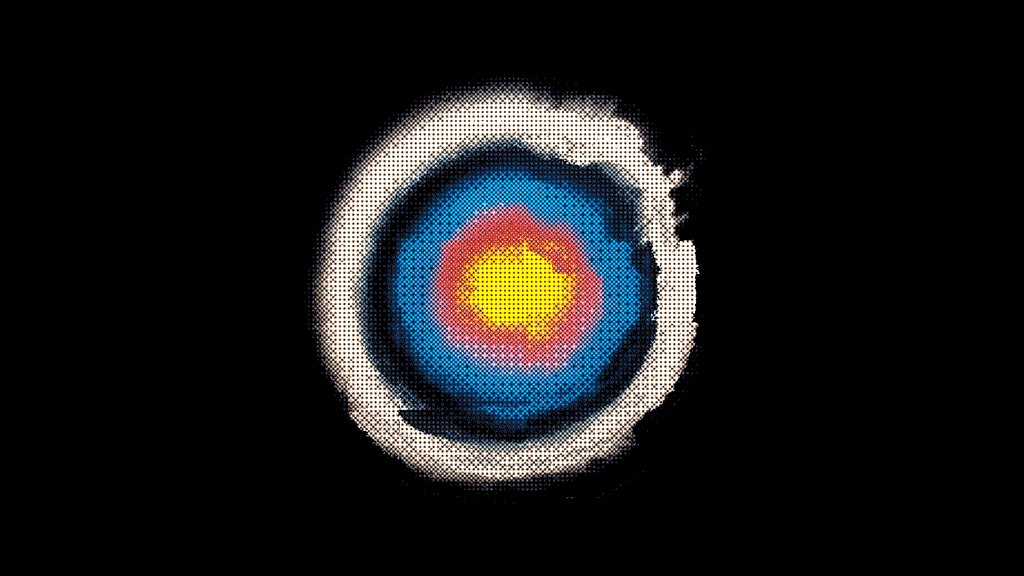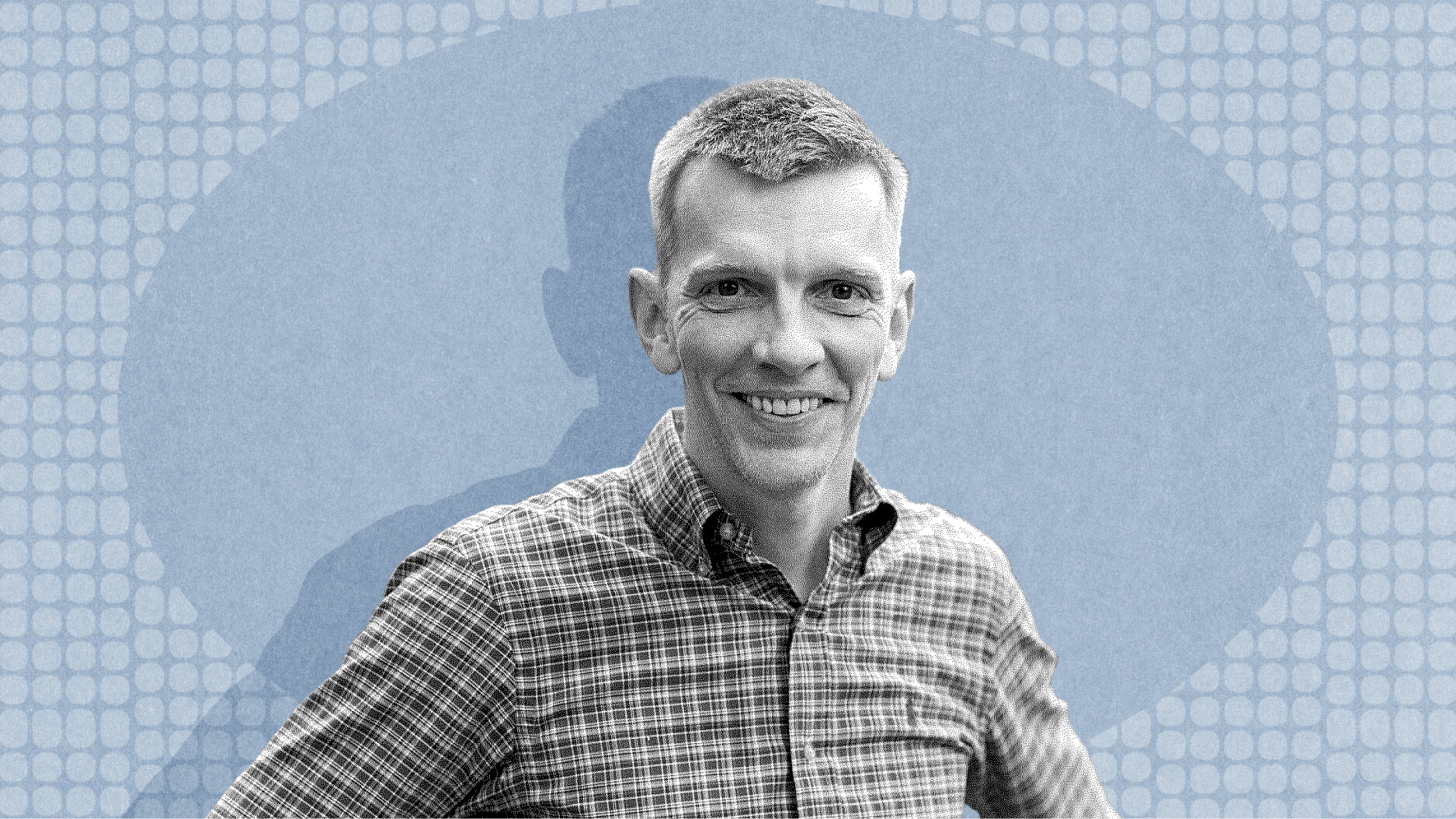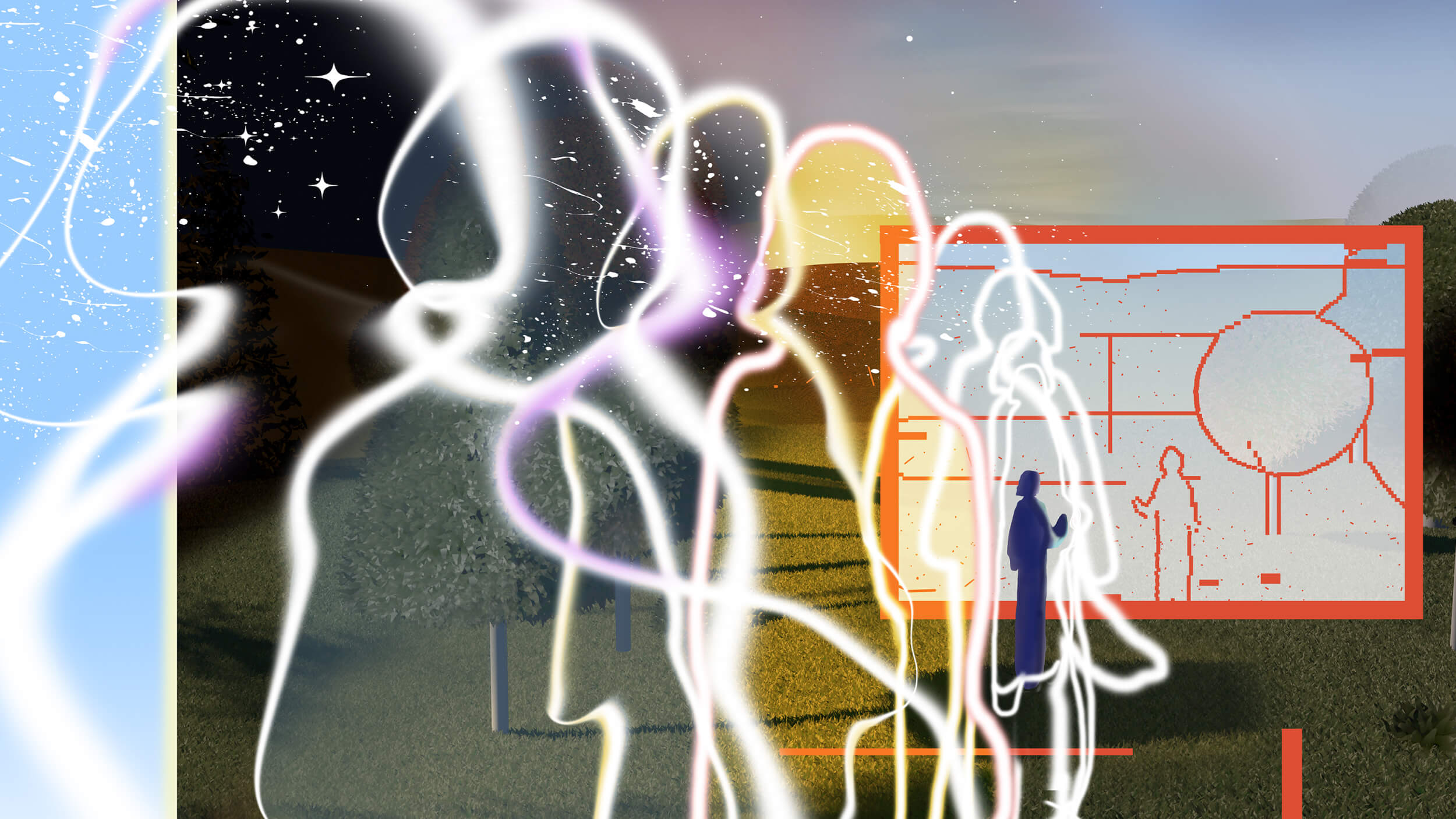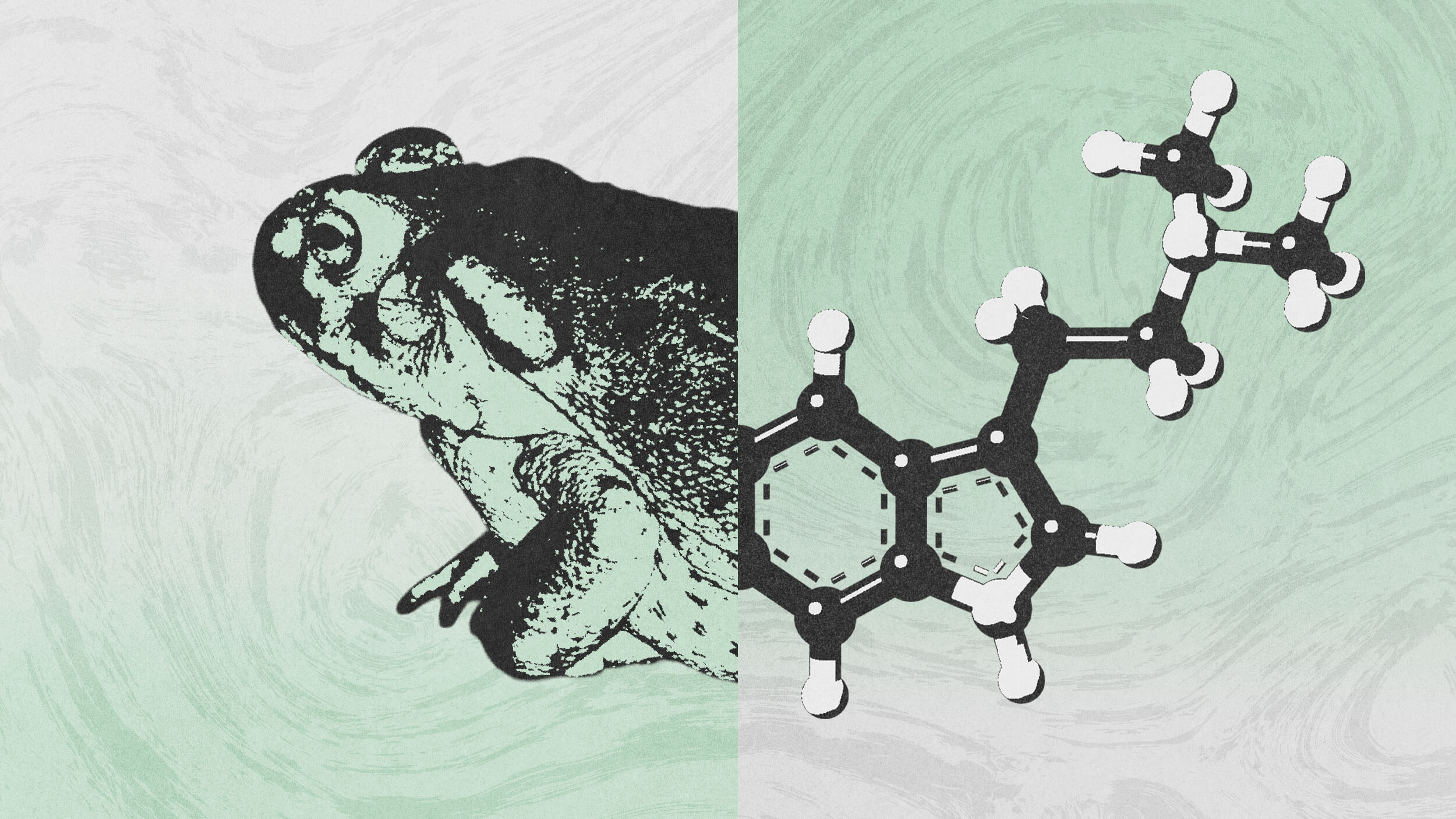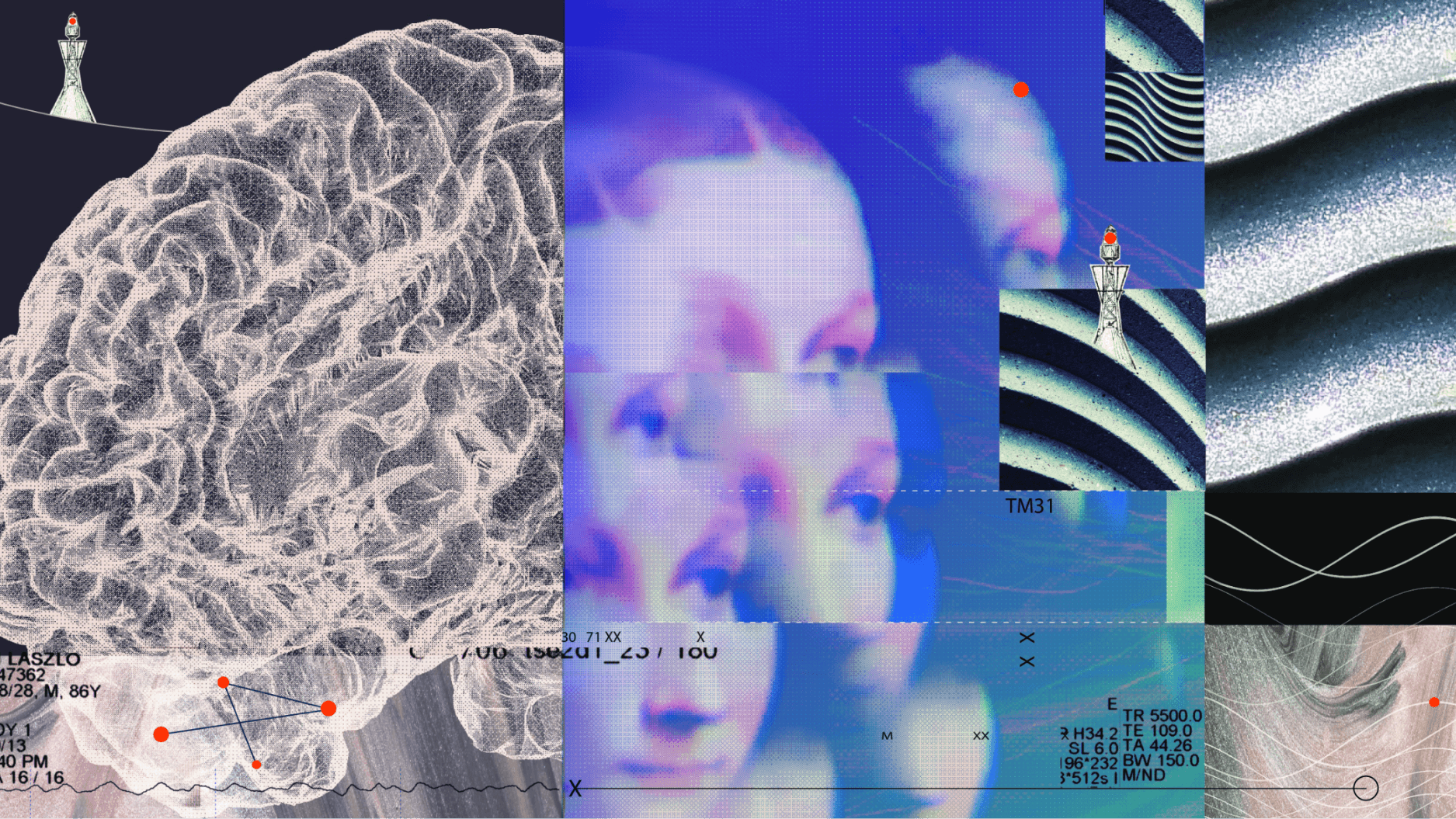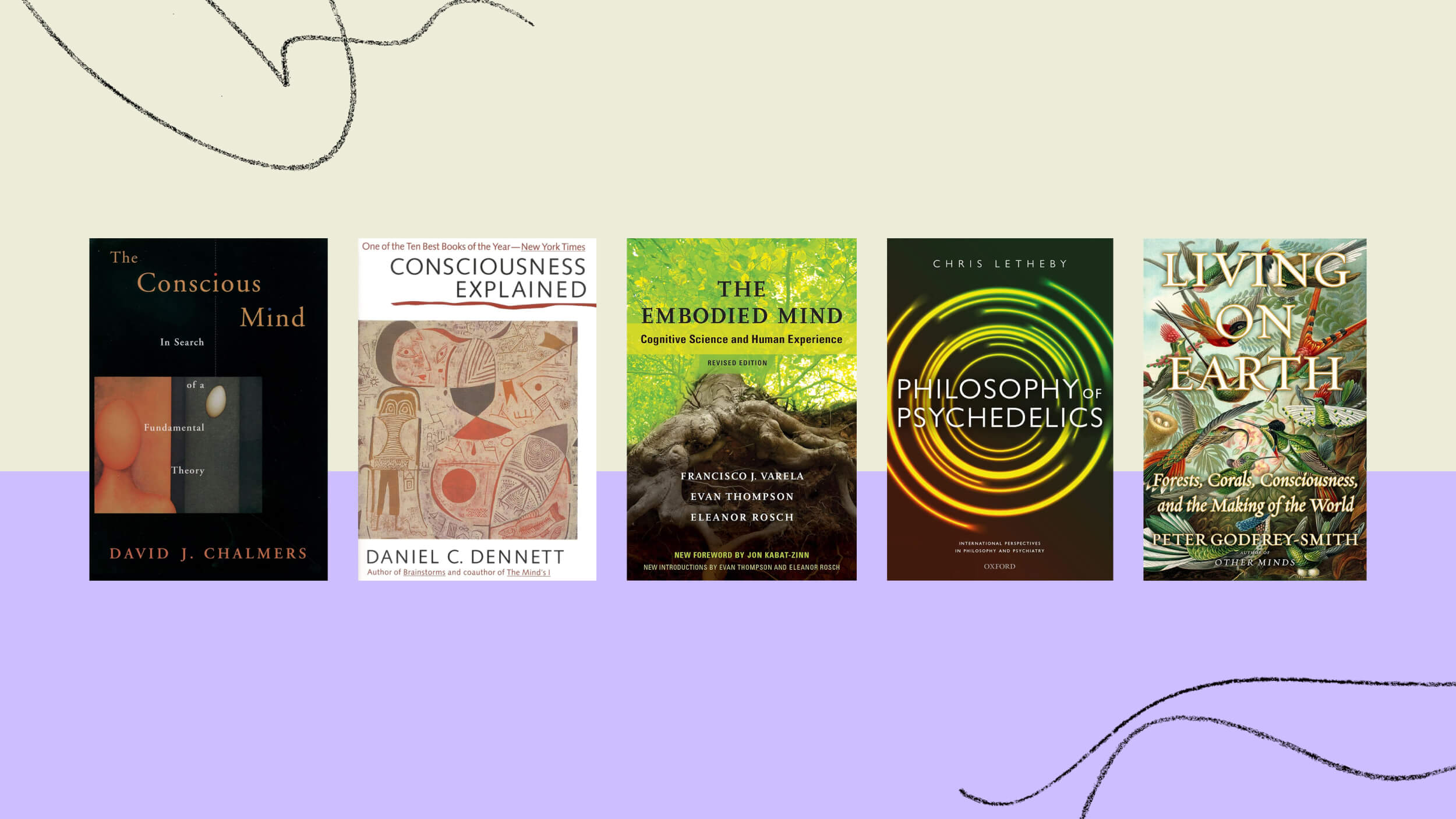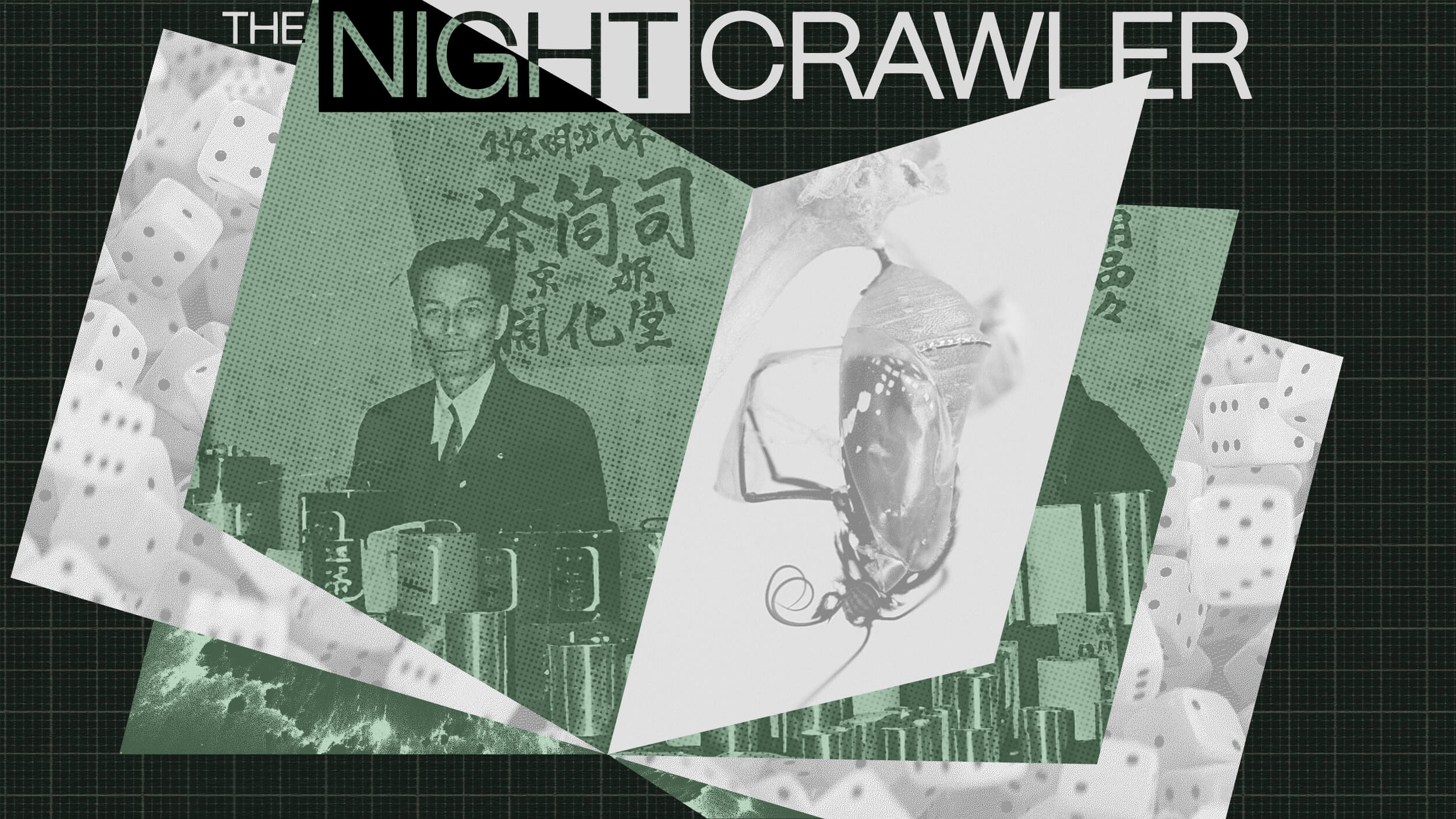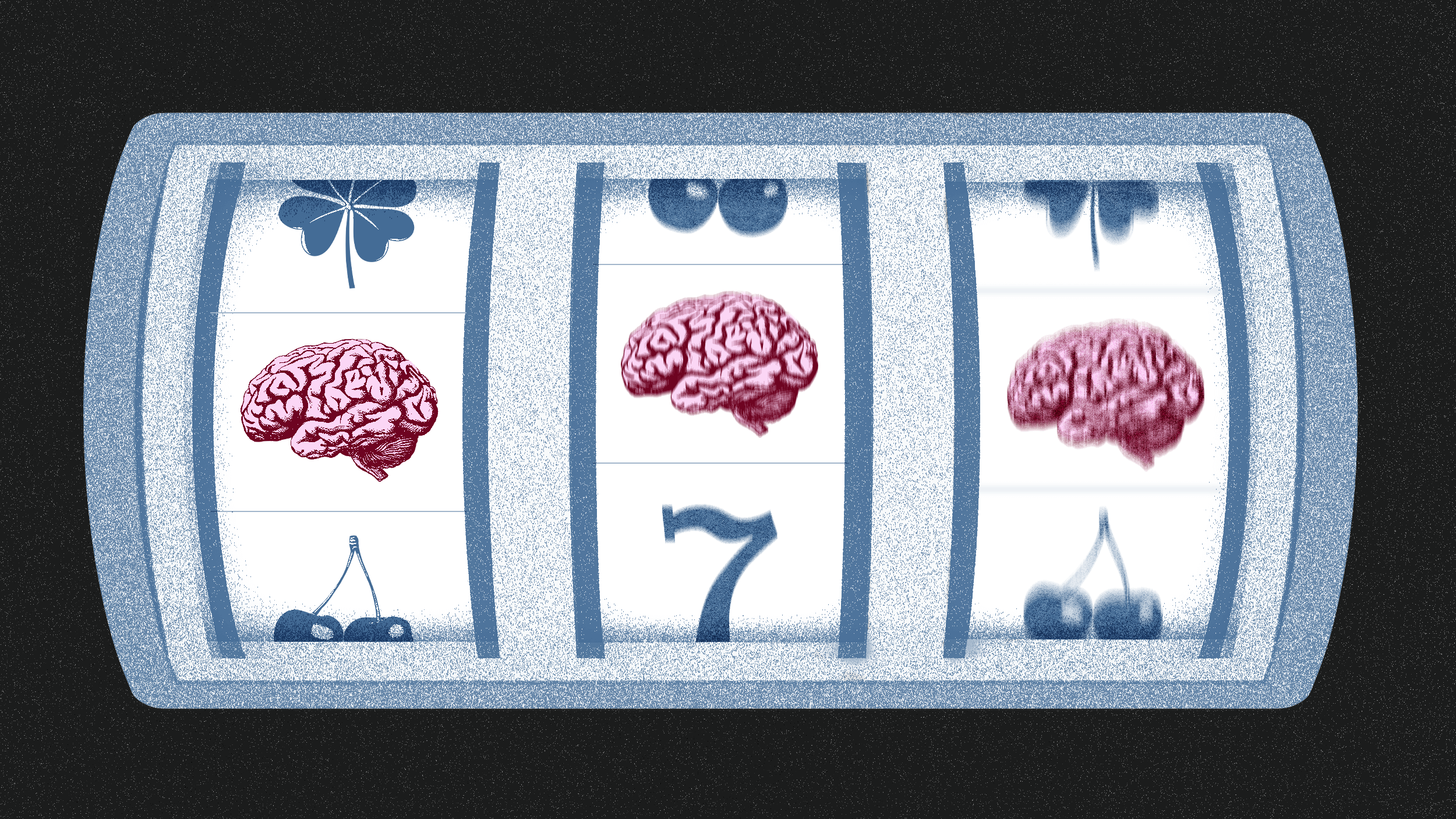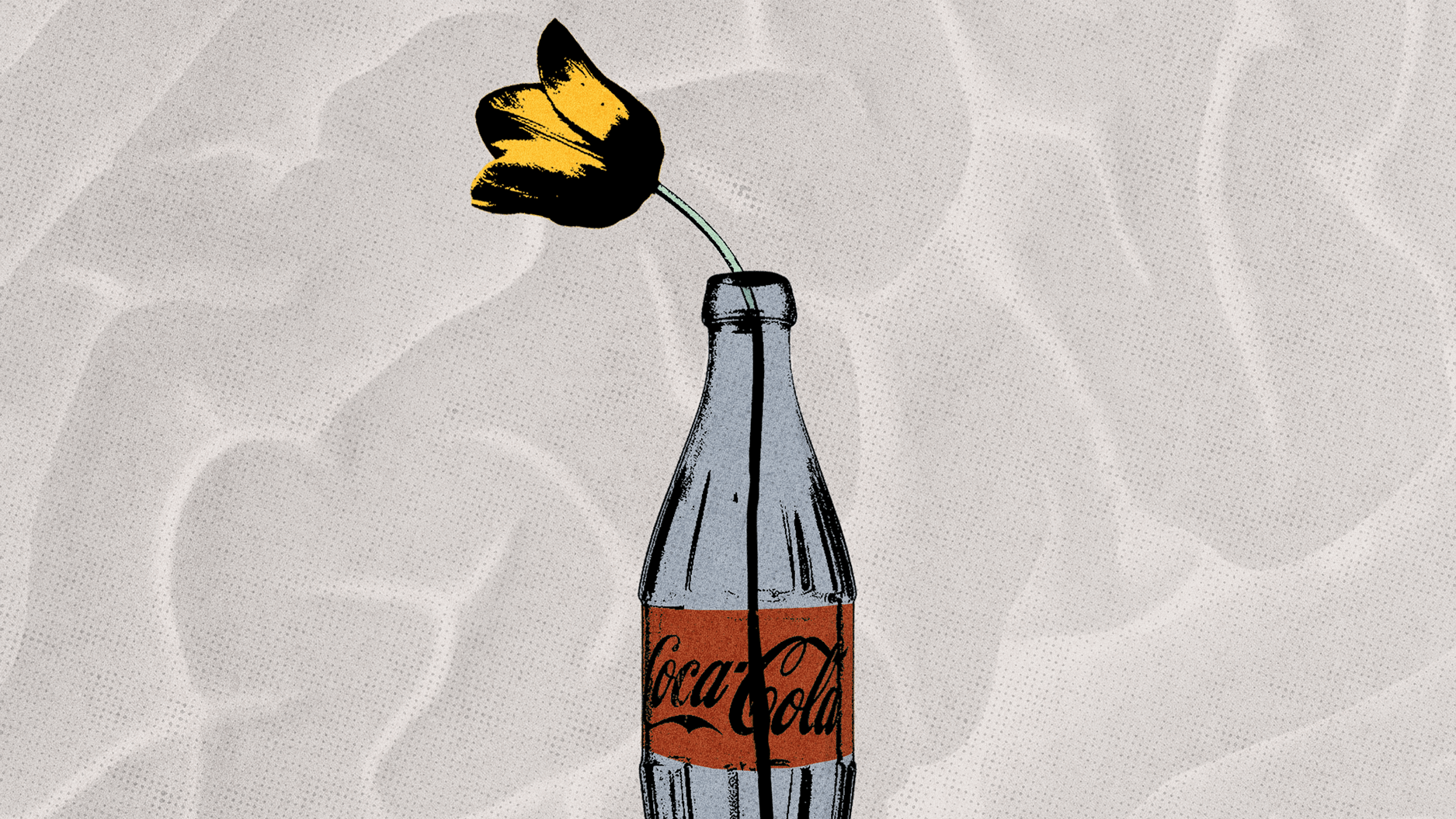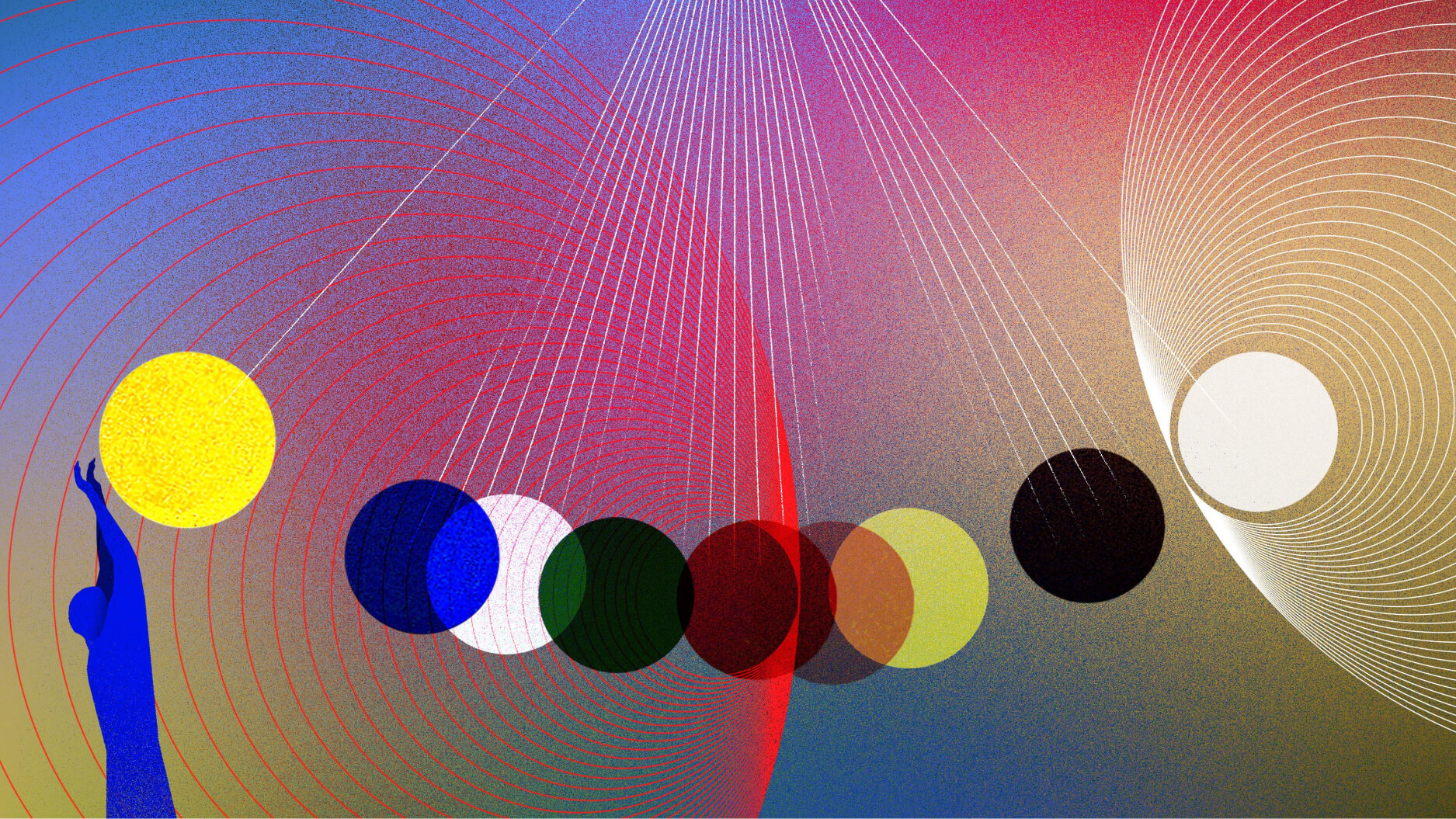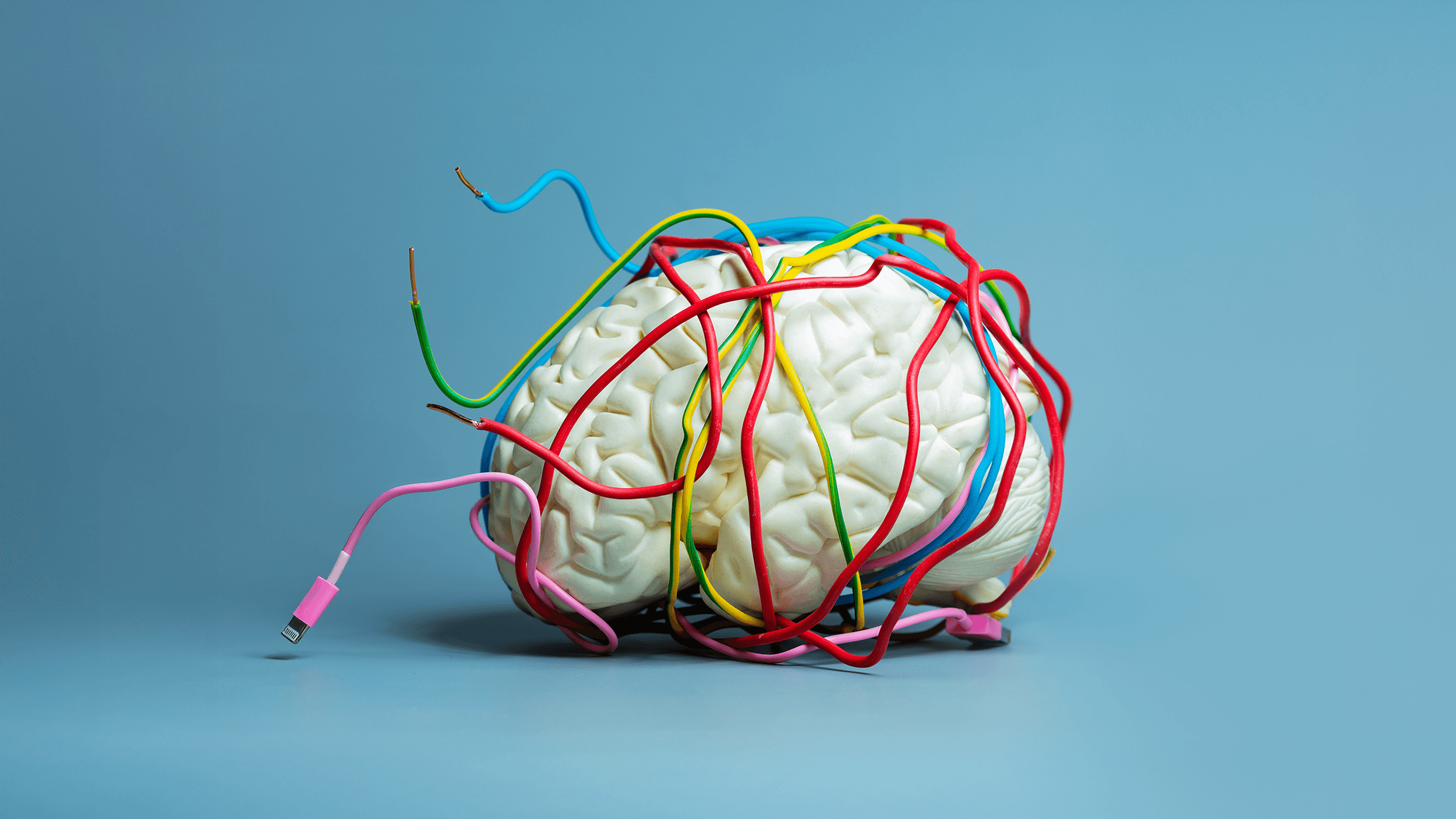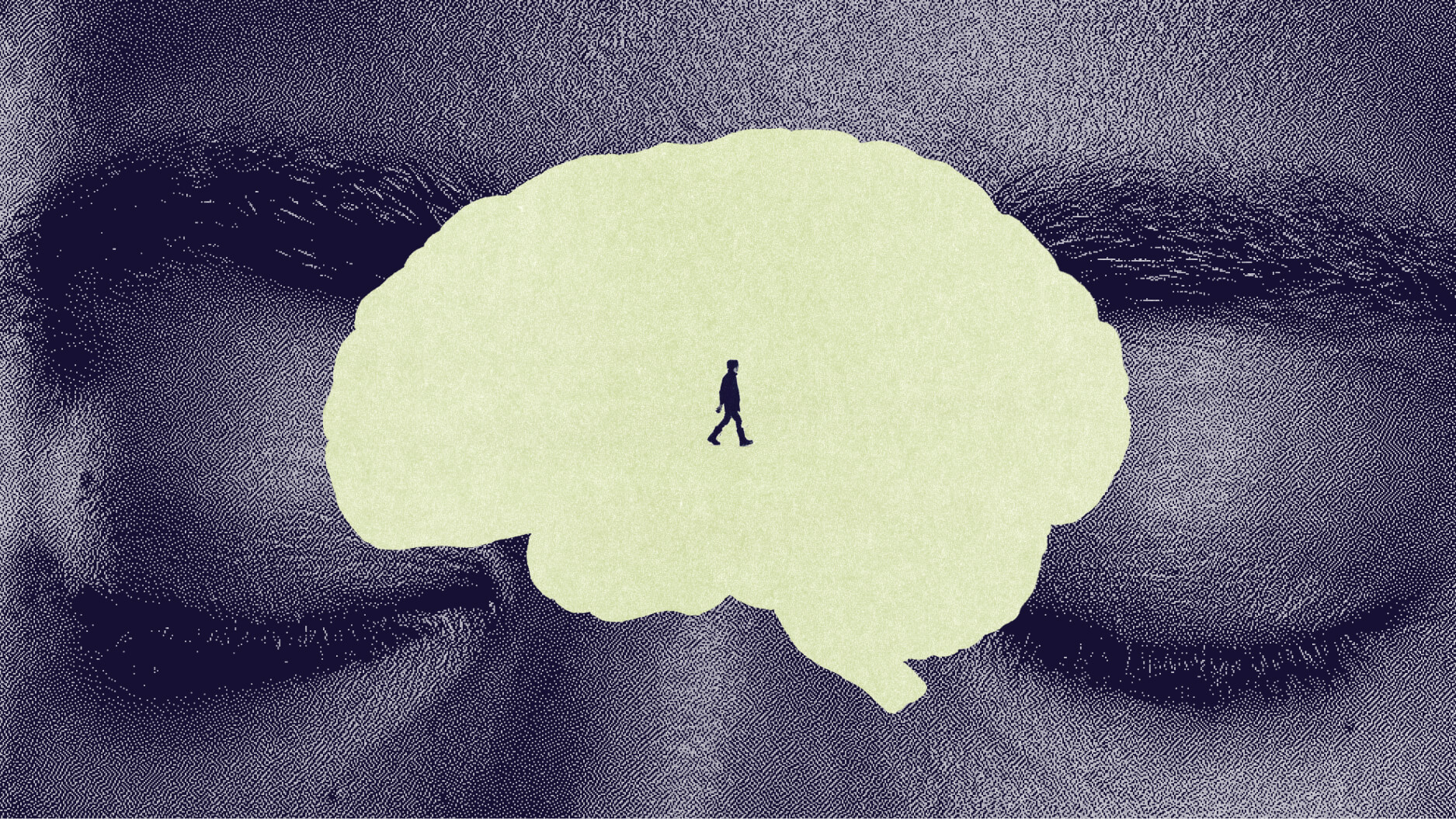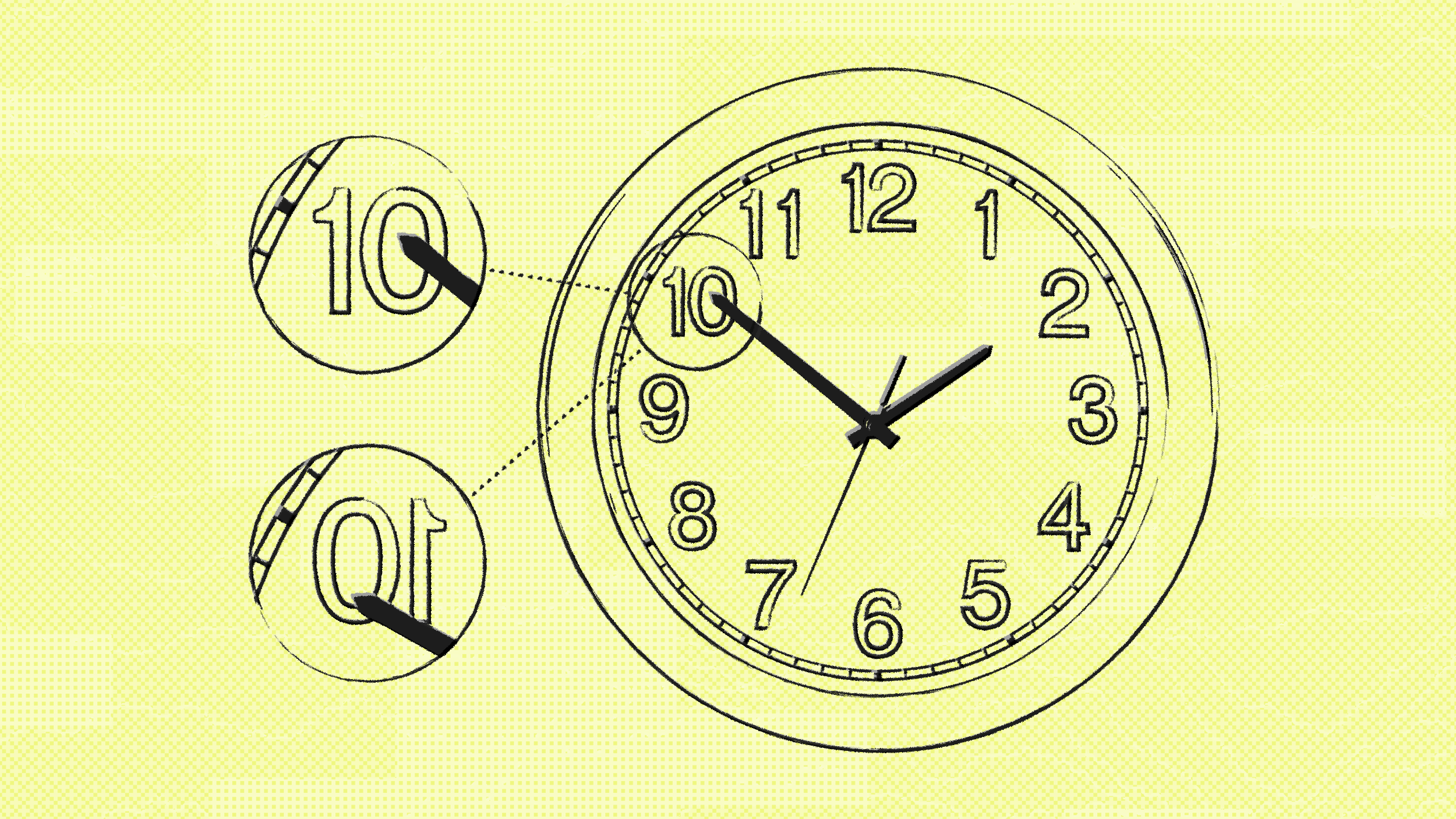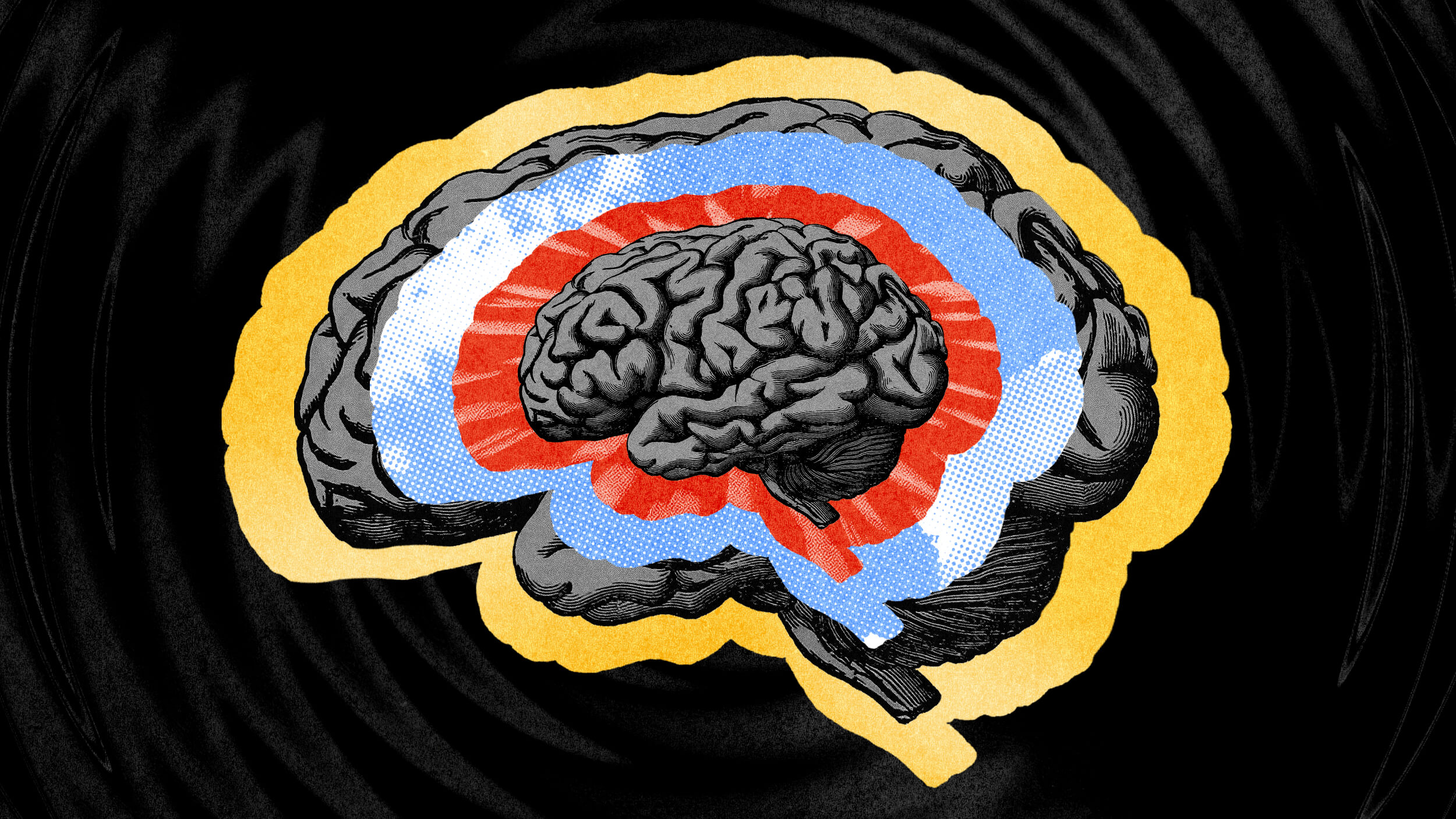neuroscience
In this excerpt from “Playful,” Cas Holman surveys the research that brought the neuroscience of play into the mainstream.
In this excerpt from “One Hand Clapping,” Nikolay Kukushkin makes the case that neurons reveal how memory, meaning, and even consciousness emerge from the same biological roots in humans, sea slugs, and beyond.
You may actually be on the same wavelength.
Life’s “in-between” stages pack unique cognitive benefits — if you know how to tap into them.
The incredible story of how the US Army began the march toward generative AI in 1943 — and what it means for your business today.
Neuroscientist Rachel Barr shares her favorite books on the brain and how they shaped her approach to the field.
Despite the claims of speed reading apps and programs, you actually have to read the book if you want to learn.
Strengthen your focus like a muscle.
A dialogue with Angus Fletcher — author of the bestseller “Primal Intelligence” — exploring the unique engines of human progress.
A conversation with neuroscientist Erik Hoel about the future of consciousness research.
A conversation with Annaka Harris on shared perception, experimental science, and why our intuition about consciousness is wrong.
“Ordinary dreams are, perhaps, the clearest articulation of what it is like to be.”
The overlooked reason why “AI consciousness” isn’t coming anytime soon.
5-MeO-DMT may offer a practical way to access and study consciousness in its most basic form.
A universal signature could make surgeries safer — and help reveal what holds consciousness together.
After the trauma of a high-risk medical procedure, Eric Markowitz discovered a kind of consciousness that lives not in thought — but in presence.
These expert-recommended books try to answer the questions of consciousness, from its fundamental nature to its role in human experience and the natural world.
“For many people, the idea that consciousness is a set of tricks is offensive,” the late philosopher told Big Think in 2012. “I think that’s a prime mistake.”
Welcome to The Nightcrawler — a weekly newsletter from Eric Markowitz covering tech, innovation, and long-term thinking.
Stuck on a hamster wheel of mindless social media scrolling? Neuroscientist Anne-Laure Le Cunff explains how to consciously redirect your reward system.
Neuroscience supports the notion that mindfulness and meditation should become essential assets in our workspaces.
Welcome to The Nightcrawler — a weekly newsletter from Eric Markowitz covering tech, innovation, and long-term thinking.
Many, from neuroscientists to philosophers to anesthesiologists, have claimed to understand consciousness. Do physicists? Does anyone?
Curiosity is often considered a personality quirk. Neuroscience paints a different picture.
In nature, business, and life, survival doesn’t belong to the optimized — it belongs to those with a built-in buffer.
Locked inside their minds, thousands await a cure. Neuroscientist Daniel Toker is racing to find it.
Surprisingly, multimodal large language models struggle to read time on analog clocks.
What can drugs teach us about consciousness?


